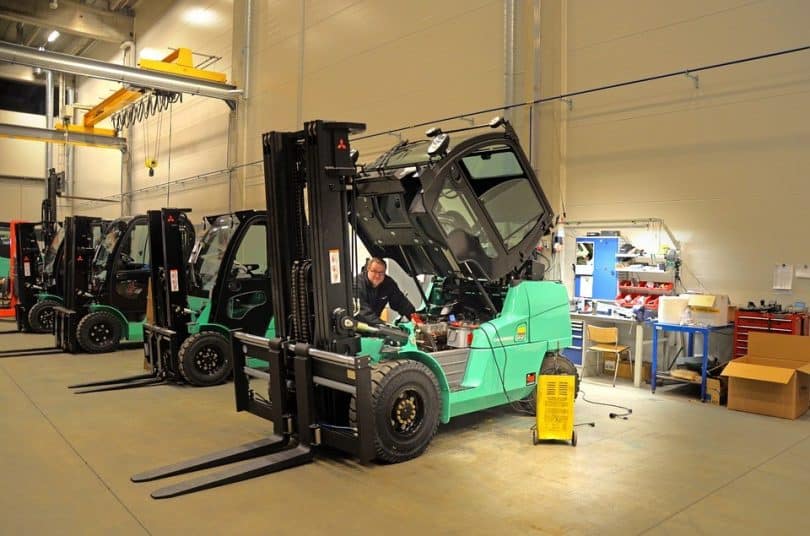Forklift operation is a critical part of running a warehouse and a vital component in the shipping and logistics business. That’s why operators need to be highly competent. They should be more than decent in doing their job. It’s not enough that they are precise; they also have to be fast since they are routinely dealing with rapid inflows and outflows of products.
Warehousing and shipping companies ought to provide adequate training to their forklift operators. They need to ascertain that they do their tasks proficiently and with minimal mistakes and accidents. There are companies, however, that rely on third-party training centres like those that provide fork lift truck training in Sheffield or other UK cities. How does this kind of setup work? What can you expect from a forklift training course?
Not just about driving
Training courses for forklift operation are not just about driving and controlling the forklift to move cargo around. Generally, there are three components involved: theoretical training, practical training, and testing.
Theoretical training is about getting trainees to become familiar with the operator’s safety code and learning about lift truck stability. The practical training aspect deals with the controls and instruments of the forklift truck, starting and moving the vehicle, steering and stopping, the operation of the hydraulic controls, stacking and de-stacking, as well as loading and unloading. Trainees also need to acquaint themselves with equipment maintenance measures. As drivers or operators, it is their responsibility to make sure that their trucks and lift mechanisms are always in good condition. Lastly, the testing component is undertaken to determine whether or not the trainees learned what they were expected to learn, and proficiently put the learning into practice.
Training location
Typically, the training takes place at the premises of the trainees’ employers. Some training providers may have their own facility to accommodate trainees, but it’s more practical to conduct the training at the location of the trainees’ companies since it is where they will be working anyway. One instructor can provide simultaneous training to up to three lift operators sharing the same truck. It is not done with separate lecture and hands-on sessions. Usually, the training happens in or around the forklift, so the instructor can easily demonstrate topics and the trainees can try things out on actual equipment.
Depending on the classification of a trainee, the training course takes one to five days. If the trainees only need a refresher course, a day would suffice. For those who are totally new to learning the skill, a novice programme takes three to five days. Training for those who just need to further hone their basic forklift operation skills, on the other hand, usually lasts for up to three days.
You need to be at least 16 years old to operate a lift truck with the supervision of someone who is of legal age. Only those 18 years or older can operate without supervision. A driver’s licence is not necessary to train and operate the forklift inside private property. It only becomes a requirement when driving the lift truck along a public highway.
Image: Pixabay







